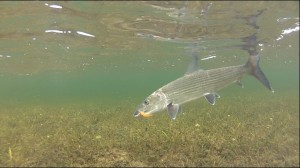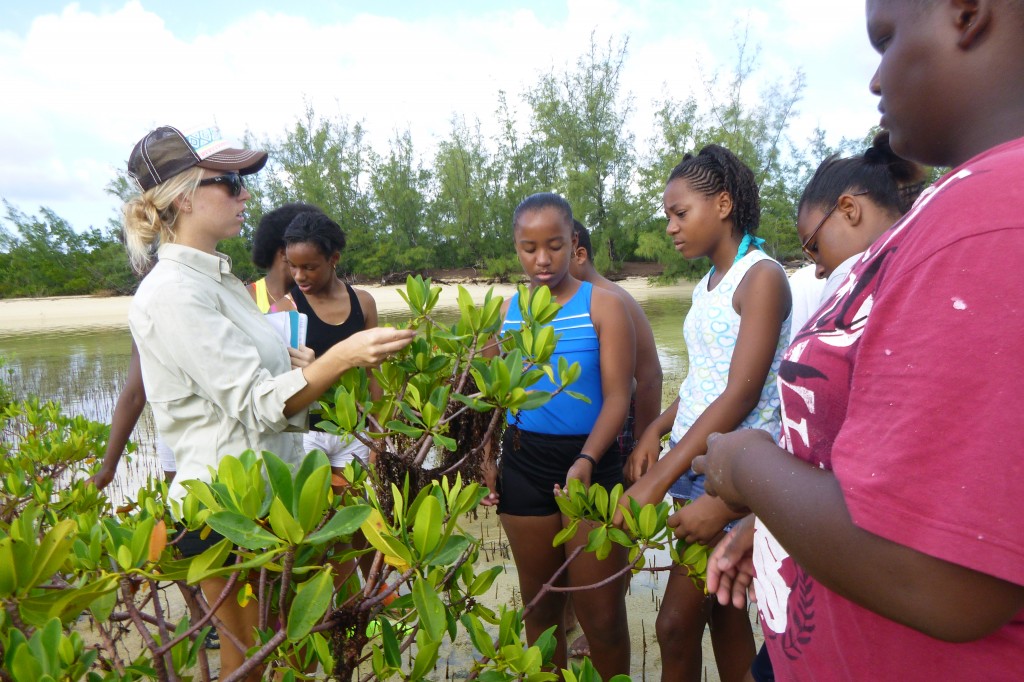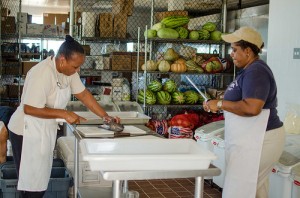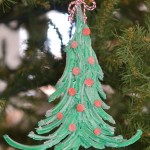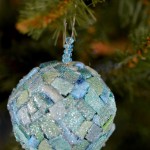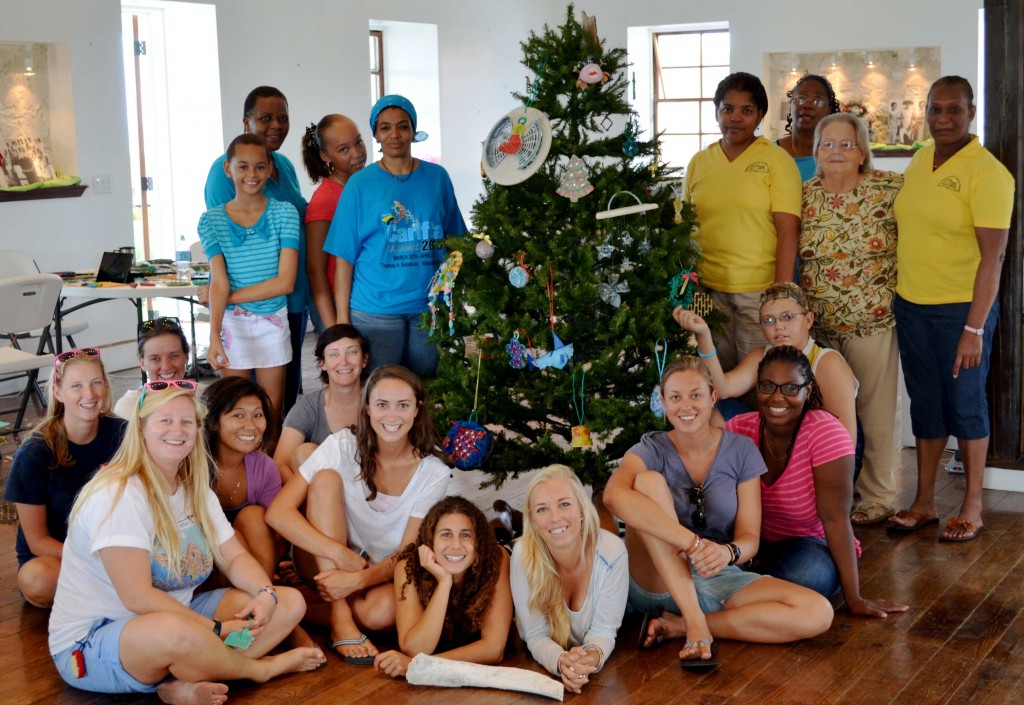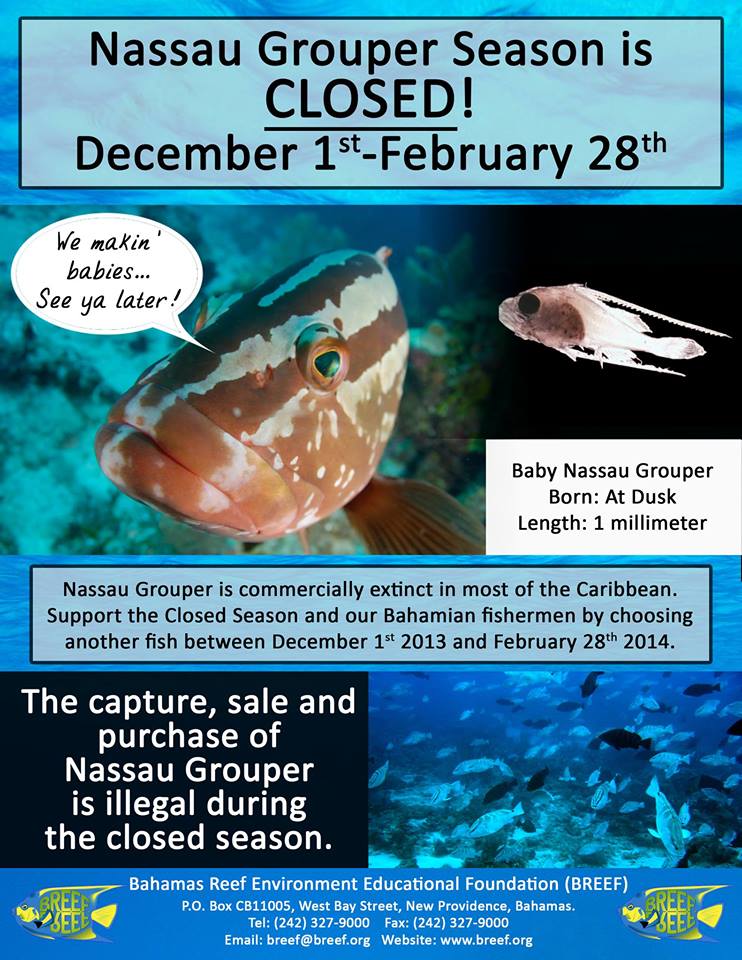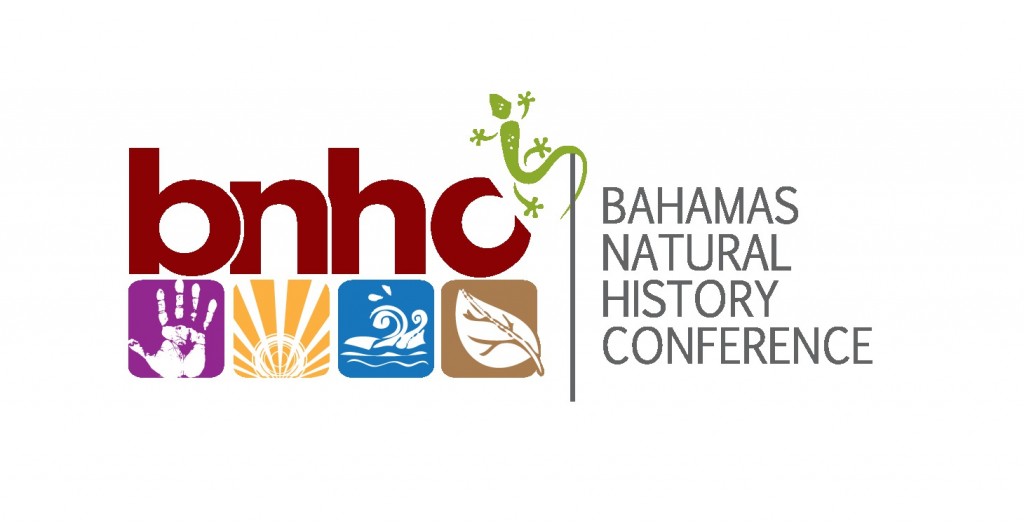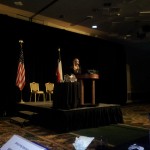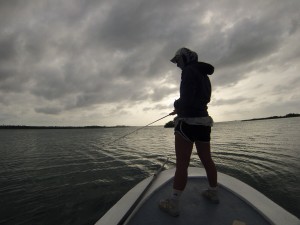
Interns from the Flats Ecology and Conservation Program and Shark Research and Education Program at the Cape Eleuthera Institute (Stacey Dorman and Carl Treyz) and Zack Jud from the Bonefish and Tarpon Trust finished their four day bonefish tagging trip in South Andros, which was very successful! A total of 654 fish were tagged around South Andros, including the west side and the cays on the southernmost tip of the island. The overall goal was to tag bonefish in areas that are heavily fished by recreational anglers, so that they can be later recaptured, and information about bonefish population movement and growth can be collected. Continue reading
